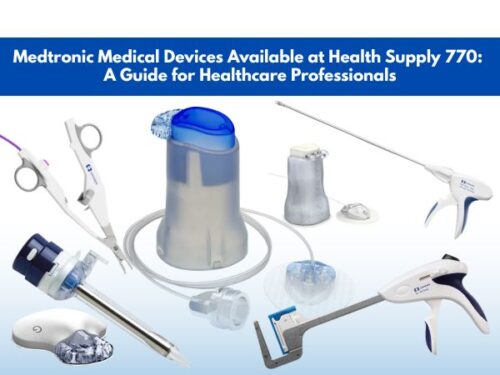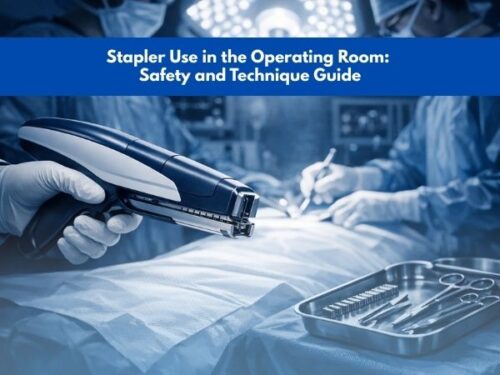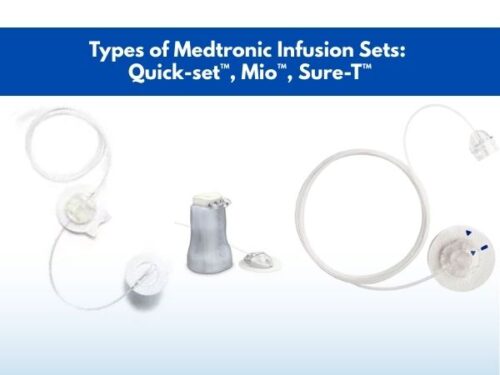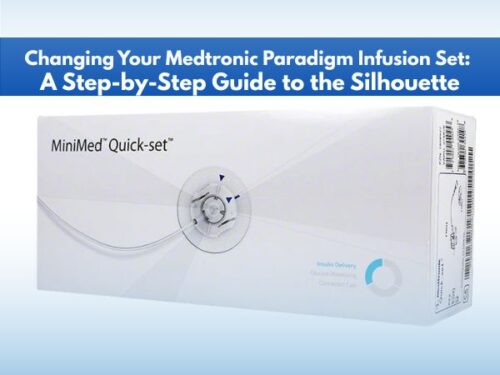Nebulizer Machine vs. Inhaler: Which is More Effective for Asthma?

In people living with respiratory conditions like asthma, a feeling of hindrance is often experienced while breathing. This is due to the constriction of the air passage way which results due to the inflammation of the walls of the bronchi and excessive mucus secretion. This way, these patients are always at risk of being under-oxygenated. To aid their process of breathing, devices such as nebulizer machines and inhalers are often recommended by physicians. However, the efficacy of these two is often compared with the aim to prove the superiority of one over the other. In this article, let us explore more about the similarities and differences between the two and conclude which one is better for asthmatic patients.

Key Asthma Management Devices: Nebulizers and Inhalers
Managing asthma effectively often requires the use of specialized devices that deliver medication directly to the lungs. Two of the most common devices are nebulizer machines and inhalers. While both serve the same fundamental purpose, they operate differently and offer distinct features and benefits. Let’s delve into the specifics of each to better understand their functionalities and how they cater to the needs of asthma patients.
Nebulizer Machines: Transforming Medication into Mist
Nebulizers are meticulously designed machines that convert liquid medication into a breathable mist, making it easier for the medication to reach the lungs. The setup typically includes a medicine cup to hold the medication, a face mask or mouthpiece for the user to inhale the mist, and a power source, usually a battery. Administering a single dose through a nebulizer generally takes about 15 to 20 minutes. Although nebulizers are highly effective in delivering medication, their bulkier size and heavier weight make them less portable and convenient for on-the-go use.
Inhalers: Quick and Portable Medication Delivery
In contrast, inhalers are compact devices that deliver aerosolized medication in quick, controlled bursts. The medication within an inhaler can be in liquid or powder form. Owing to their small size, inhalers are exceptionally portable, making them a preferred choice for many who require immediate relief while on the move. However, using an inhaler effectively requires a bit of technique; it’s essential to coordinate breathing with the actuation of the inhaler to ensure the proper dose is inhaled. This learning curve can be challenging for some users, though practice and proper instruction can significantly ease the process.

Nebulizer machines vs. Inhalers: Differences
A nebulizer machine and an inhaler differ in the following ways:
● When it comes to size and portability, inhalers are better than nebulizers are these can be carried around easily.
● When used with a spacer, an inhaler is claimed to work as efficiently as a nebulizer.
● Nebulizers are often used in healthcare setups because they are easy to clean, can deliver multiple medications at a single time, and can be adjusted based on the patient’s needs.
● When it comes to using an inhaler and a nebulizer, the patients often find it easier to use the latter than the former one. This is due to the requirement of properly coordinated breathing while using an inhaler which if not achieved, often leads to diminished efficacy. Studies have shown that the patients who can use an inhaler in the right way do not exceed 10% of the total asthmatic population. Apart from this, a patient just has to breathe in a nebulizer mouthpiece which is comparatively easy.
Overall, the following comparison can be drawn to understand the similarities and differences between nebulizers and inhalers:
| Parameters | Nebulizers | Inhalers |
| Size | Larger | Smaller (Pocket-size) |
| Weight | Significant | Moderate |
| Portability | Lesser | Higher |
| Retail sales method | Drugs and devices sold separately | Drugs and devices sold together |
| Concentration of medication | Needs to be calculated before every use | Pre-measured per puff |
| Accuracy of dosing | Higher | Lower without a spacer |
| Aerosolization time | Within minutes | Within seconds |
| Duration of medication delivery | Takes some time | Quick |
| Usage duration | Can be used for longer periods of time | Until the medication runs out |
| Availability | With every drug | With some drugs only |
| Room for error | Lesser | Higher |
| Affordability | Lesser in comparison to an inhaler | Affordable |
Nebulizers and Inhalers: Which are More Effective?
When compared based on their efficacy, both nebulizers and inhalers have been found effective. If an inhaler is paired with a spacer, its efficacy becomes equal to a nebulizer machine. In a nutshell, it can be concluded that both devices, despite having their own benefits and disadvantages, deliver equivalent performance. In the end, the choice of any one of these comes down to the user’s personal preferences.
Nebulizer Machines: Brands and Specifications
Among multiple brands that manufacture and market nebulizer machines, the following one by Cardinal Health is considered one of the best items:
● Cardinal Health Compressor Nebulizer
Compressor nebulizer by Cardinal Health is one of the most easy-to-use products for patients dealing with asthma or COPD. Moreover, the nebulizer is also effective in respiratory infections. The device works by delivering drug particles of size less than 10 microns into the lungs where they go and relax the smooth muscles thus resulting in quick relief. The compressor nebulizer by Cardinal Health comes with a piston-style nebulizer, a 7-inch long tubing, a medication cup, an angled mouthpiece, and five filters. The device can be operated with a single button and has a medication capacity of 5 ml.

The nebulizer machines and inhalers mentioned in this article, along with many other medical supplies, can be purchased from Health Supply 770, a reliable name when it comes to medical products. They have a 30-day money-back guarantee and provide your products to you in the shortest possible time. Click the link at the end of the article to check the wide range of nebulizer devices and their accessories on the website.
Conclusion
Asthma is one of the most common illnesses which have increased in the world over the past few decades. Increasing air pollution, smog, and a shift towards ultra-processed foods instead of whole nutritious foods have paved the way for multiple diseases including those affecting the respiratory system.
Such patients frequently need nebulizers and inhalers for the management of their respiratory conditions. Deciding which one to choose depends less on the efficacy of both the devices and more on the patient’s convenience. When it comes to purchasing nebulizers and medical devices, reliable vendors like Health Supply 770 should be approached as they ensure the provision of quality products along with satisfactory services.
Click to Order from Health Supply 770
References:
Metered dose inhaler technique: A priority catch for physicians



















